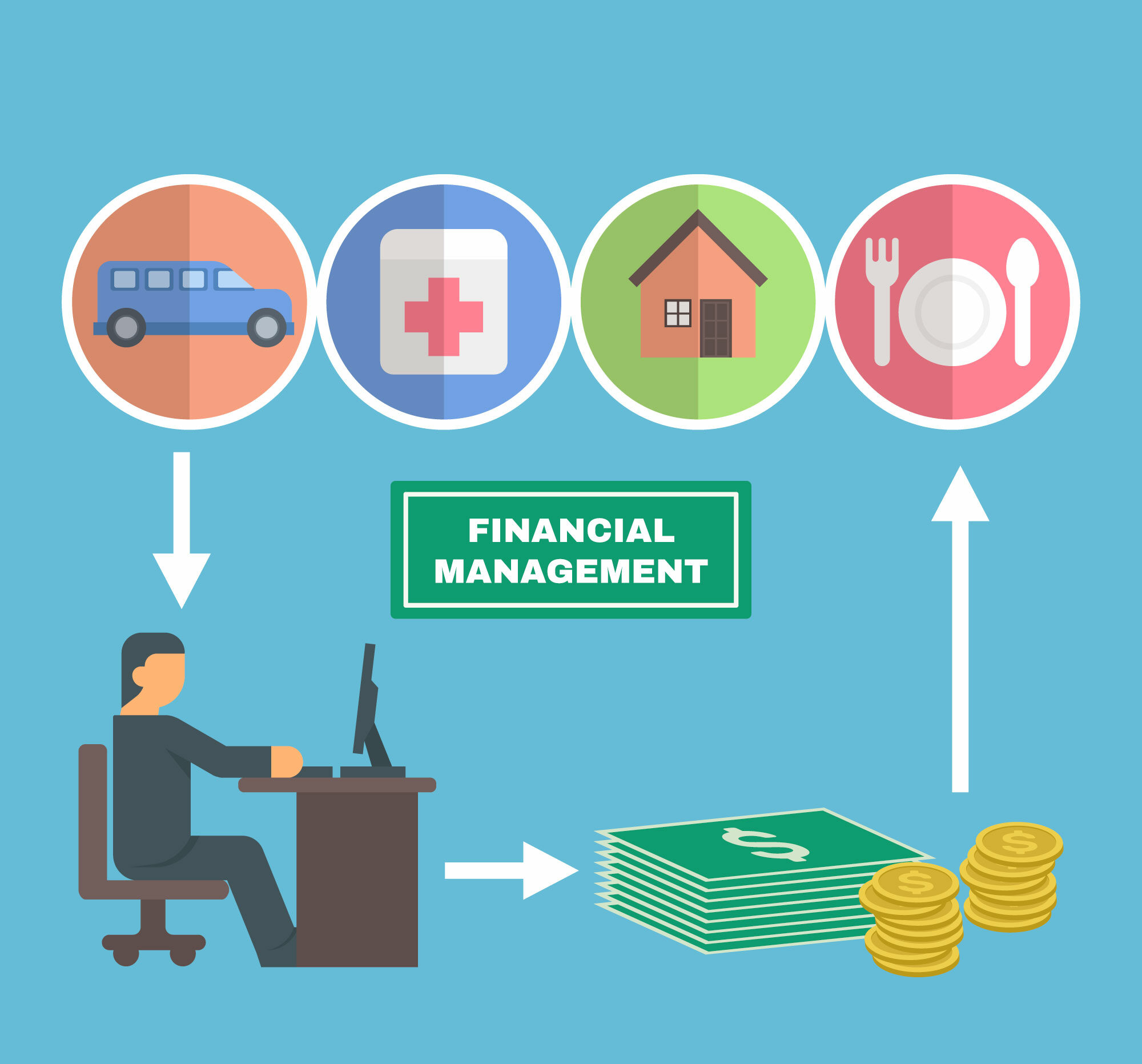Insurance is meant to be a safety net, but what happens when that safety net becomes an unnecessary financial burden? Many people are unknowingly paying more than they need to for their insurance policies. From car and health to home insurance, overpaying can be a common issue. But why is this happening, and more importantly, how can you fix it? In this article, we’ll explore why you’re overpaying on insurance and offer actionable steps to save money.
Understanding How Insurance Premiums Work
Insurance premiums are calculated based on various risk factors. The more risky you seem to an insurance provider, the higher your premiums will be. Some common factors include:
- Age: Younger drivers tend to pay more for auto insurance, while older individuals may face higher health insurance premiums.
- Driving Record: Traffic violations or accidents can raise auto insurance costs.
- Health Status: Pre-existing conditions or lifestyle choices, like smoking, can inflate health insurance rates.
- Credit Score: A lower credit score can also lead to higher premiums across various types of insurance.
While these factors make sense from an insurance company’s perspective, they don’t always mean you’re getting a fair deal. Understanding these variables helps you see where you might be overpaying.
Common Reasons You’re Overpaying on Insurance
1. You Haven’t Compared Rates Recently
One of the biggest mistakes people make is not shopping around for insurance regularly. Insurance companies change their rates all the time, so a policy that was affordable a few years ago might no longer be the best deal. Failing to compare quotes from different providers can easily lead to overpaying.
2. You’re Paying for Coverage You Don’t Need
Another common issue is paying for insurance coverage you don’t actually need. For example:
- Over-insured Vehicles: You might be paying for collision and comprehensive coverage on an older vehicle that doesn’t warrant it.
- Duplicate Health Coverage: If you have health insurance through your employer, make sure you’re not doubling up with unnecessary supplemental plans.
- Home Insurance Over-valuation: Sometimes, homeowners pay to insure their property for more than it’s worth.
Being aware of your actual needs and adjusting your coverage accordingly can help you avoid overpaying.
3. Your Deductible is Too Low
While a low deductible might seem like a great idea because it means paying less out of pocket when you file a claim, it often results in higher monthly premiums. Opting for a higher deductible can significantly reduce your premium. If you’re financially able to handle a larger out-of-pocket expense in the event of a claim, increasing your deductible can save you money in the long run.
4. Loyalty Doesn’t Always Pay
Insurance companies often reward new customers with better rates, while long-time customers end up paying more over time. If you’ve been with the same provider for years, you may be missing out on significant savings by not switching to a new insurer. Loyalty discounts may seem appealing, but they’re not always enough to compensate for the savings you could gain elsewhere.
5. Ignoring Discounts
Many insurers offer a variety of discounts that you may not be aware of. Common discounts include:
- Safe Driver Discounts: For maintaining a clean driving record.
- Bundling Discounts: When you combine different types of insurance (like auto and home) with the same provider.
- Security System Discounts: Installing home security systems can lower your homeowner’s insurance.
- Good Student Discounts: For young drivers with good grades.
Make sure to inquire about all potential discounts to avoid missing out on savings.

How to Fix It: Steps to Lower Your Insurance Costs
1. Review Your Current Policies
Start by reviewing your current insurance policies. Take note of your coverage levels, deductibles, and any additional riders. Once you have a clear picture of what you’re paying for, you can identify areas where you might be overspending.
2. Shop Around for Quotes
Comparison shopping is one of the most effective ways to reduce your insurance costs. Use online comparison tools to gather quotes from multiple insurance providers. Remember to compare policies with similar coverage to get an accurate comparison.
3. Bundle Your Policies
Consider bundling your home, auto, and other insurance policies with one provider. Many insurers offer significant discounts for customers who bundle, making this an easy way to lower your premiums.
4. Adjust Your Coverage
Take a closer look at your coverage levels and determine whether they align with your current needs. For example, if you have an older car, you might not need comprehensive and collision coverage. Similarly, review your health and home insurance to ensure you’re not paying for unnecessary coverage.
5. Increase Your Deductible
As mentioned earlier, increasing your deductible can lower your premiums. Consider raising your deductible to a level that you can comfortably afford in the event of a claim.
6. Maintain a Good Credit Score
Many insurance companies factor in your credit score when determining your premiums. By maintaining or improving your credit score, you can potentially lower your insurance costs.
7. Take Advantage of Discounts
Make sure you’re taking full advantage of any discounts available to you. This can range from safe driver discounts to discounts for bundling policies. Always ask your insurer about potential savings opportunities.
8. Reevaluate Your Insurance Needs Regularly
Life changes, and so do your insurance needs. Make it a habit to reevaluate your insurance policies regularly, especially after major life events such as buying a home, getting married, or adding a new driver to your policy. By staying on top of your insurance needs, you can avoid overpaying in the long term.
You can also read : Best Budgeting Tools: Top 10 to Transform Your Finances
Conclusion
Overpaying on insurance is a common issue that many people face, but it doesn’t have to be your reality. By understanding the factors that influence insurance premiums and taking proactive steps to manage your coverage, you can reduce your insurance costs without sacrificing the protection you need. Start by reviewing your current policies, shopping around for better rates, and making adjustments as needed. With the right approach, you’ll be able to stop overpaying and start saving on your insurance.
